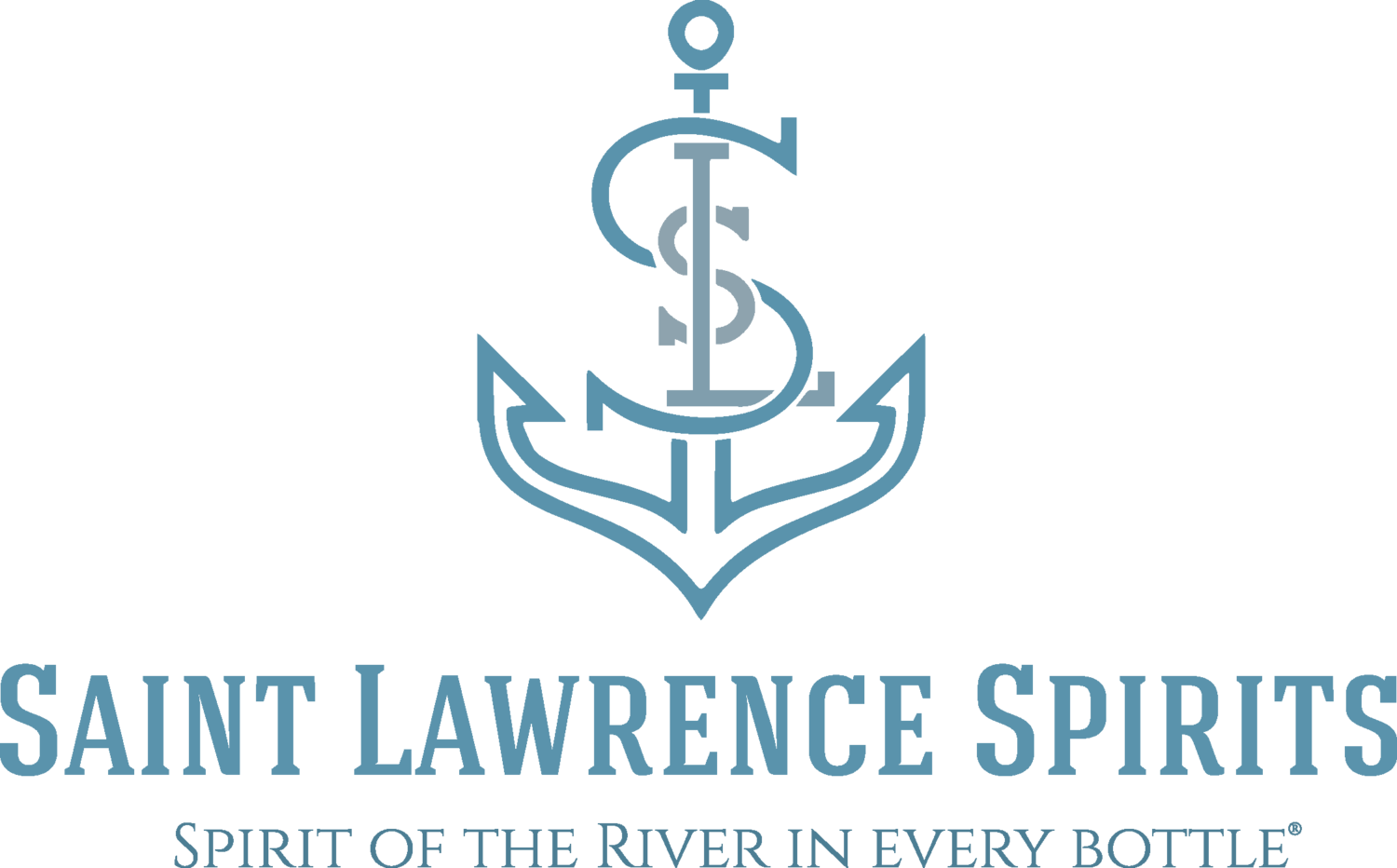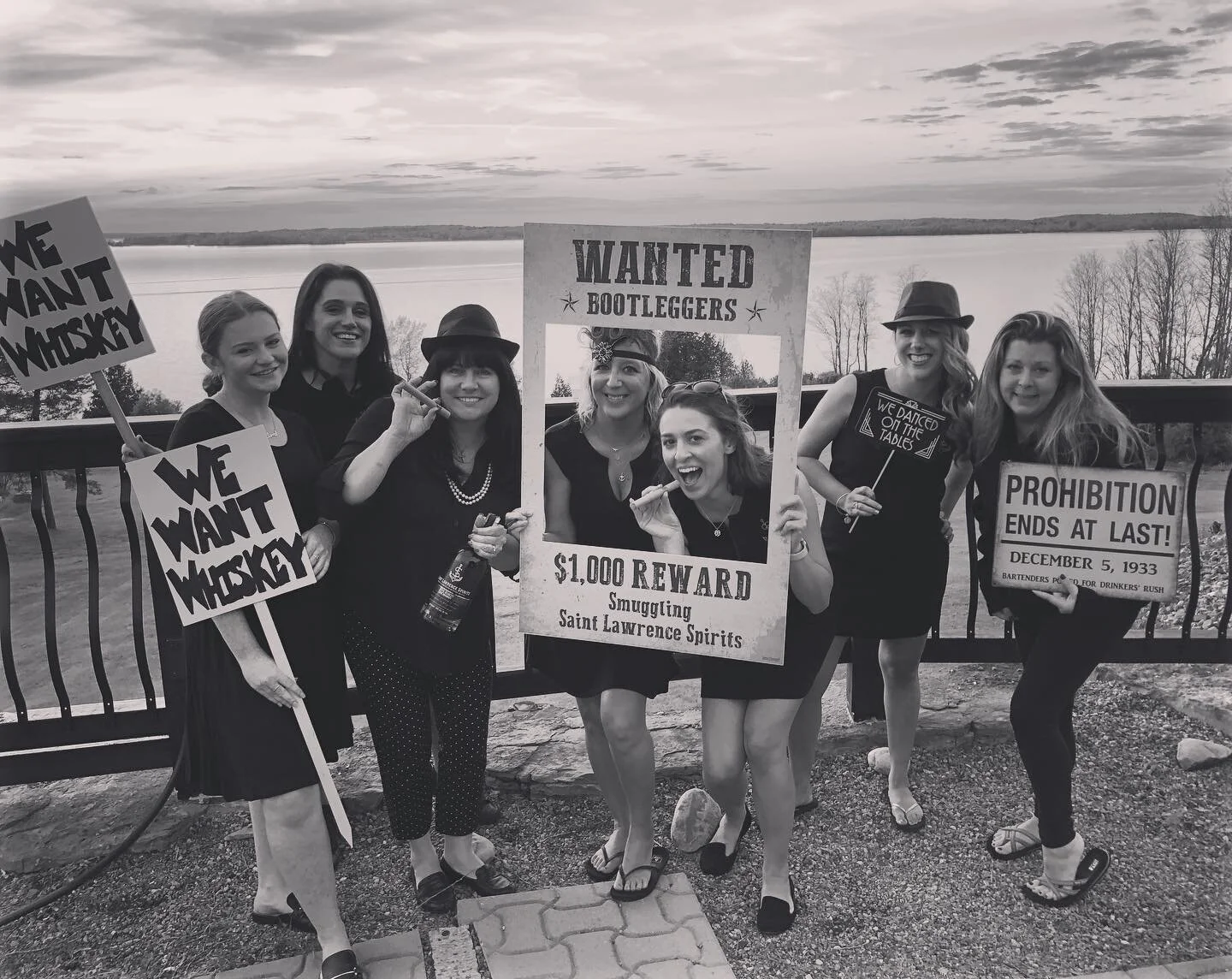Today, December 5th, is Repeal Prohibition Day! To help celebrate, here are five interesting facts about prohibition you might not know.
1. It Wasn’t Illegal to Consume Alcohol
Many people assume that Prohibition made it illegal to consume alcohol, but that wasn’t the case. The 18th Amendment actually banned the manufacture, transportation, and sale of “intoxicating liquors”. In fact, any alcohol a person had stored away prior to January 1920 was theirs to keep and enjoy in the privacy of their homes.
2. Prohibition Played a Role in Turning Around the Great Depression
The Great Depression was known as one of the worst economic downturns in history, after the great stock market crash in October 1929. At the Great Depression’s lowest point (in 1933), anti-prohibition activists, including Franklin D. Roosevelt, realized the significance in ending prohibition and its effect on the economy. In fact, Roosevelt ran for President in 1932 on the platform of calling for a repeal, and he won by a landslide—ending prohibition only a year after being in office.
3. Women Led the Push for Prohibition
It may or may not surprise you, but women were a large part of the push for prohibition. While the anti-alcohol position had been popular for some time, the women-led movement gained great momentum after World War I. Women saw alcohol (and the bars it was served at) as home-wreckers, and felt that alcohol (and their husbands being drunk much of the time) led to abuse and poverty. Prior to the repeal on Prohibition, women were not allowed into bars, or allowed to vote. It is thought that the prohibition movement helped lead the path to women’s suffrage.
4. Some States Maintained the Ban After Prohibition’s Repeal
Prohibition lasted a little more than 13 years. During that time, there were states that didn’t feel the need to enforce the laws within their borders. For example, Maryland never enacted an enforcement code. Other states, however, decided to continue the ban on alcohol—even after Prohibition’s repeal. Oklahoma stayed dry until 1959, and no alcohol was allowed in Mississippi until 1966. Even today, ten states have counties where alcohol sales are still completely prohibited.
5. Tainted Liquor Killed Thousands During Prohibition
Prohibiting the manufacture and sale of alcohol did not stop people from making or selling booze. Bootleggers began making “bathtub gin” and “rotgut moonshine”, and those desperate for a drink would consume any alcohol they could find.—no matter how foul it might be. Many of these low-quality products contained industrial grade alcohol and other toxic chemicals, and may have killed upwards of 10,000 people prior to the repeal of Prohibition in 1933.

